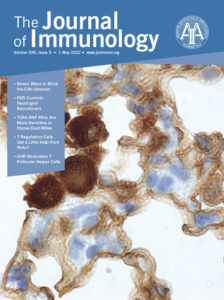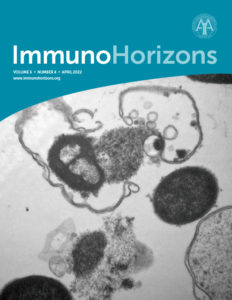Saturday, May 7, 2022 10:15 AM – 12:15 PM ET Room A105–106
ARPA-H: What You Need to Know and How It May Impact Federal Funding of Biomedical Research
Sponsored by the AAI Committee on Public Affairs
Chair
- Peter E. Jensen, Univ. of Utah Sch. of Med., AAI Committee on Public Affairs Chair
Speakers
- Tara A. Schwetz, Acting Principal Deputy Director, NIH, ARPA-H: a new paradigm for propelling use-driven, high-impact biomedical and health research
- Amy Jenkins, Program Manager, DARPA, Insights and advice from a DARPA program manager
- Amanda M. Jamieson, Associate Professor, Brown Univ., My experience as a DARPA performer
Last year, President Joe Biden formally proposed creating a new entity called the Advanced Research Projects Agency for Health (ARPA-H). ARPA-H, which is to be modeled after the Defense Advanced Research Projects Agency (DARPA), would support high-risk, high-reward research and, according to a concept paper developed by the Administration, might initially focus on “mak[ing] pivotal investments in breakthrough technologies and broadly applicable platforms, capabilities, resources, and solutions that have the potential to transform important areas of medicine and health for the benefit of all patients and that cannot readily be accomplished through traditional research or commercial activity.”
Although President Biden recommended an initial three-year budget of $6.5 billion for ARPA-H, Congress appropriated $1 billion in fiscal year 2022 to launch this new agency. Congress and the White House continue to work toward the development of legislation that will further determine how ARPA-H will operate, including how it will establish research priorities and whether it will be part of NIH or an independent entity with the Department of Health and Human Services.
This session will feature a distinguished panel of experts who will explain the vision for this new agency. They will also address critical issues about how it might operate, including how immunologists could apply for and use ARPA-H funds, and whether federal investment in ARPA-H could adversely affect funding for the regular NIH budget, including its investigator-initiated basic research portfolio. The formal presentations will be followed by an ample question-and-answer period.



